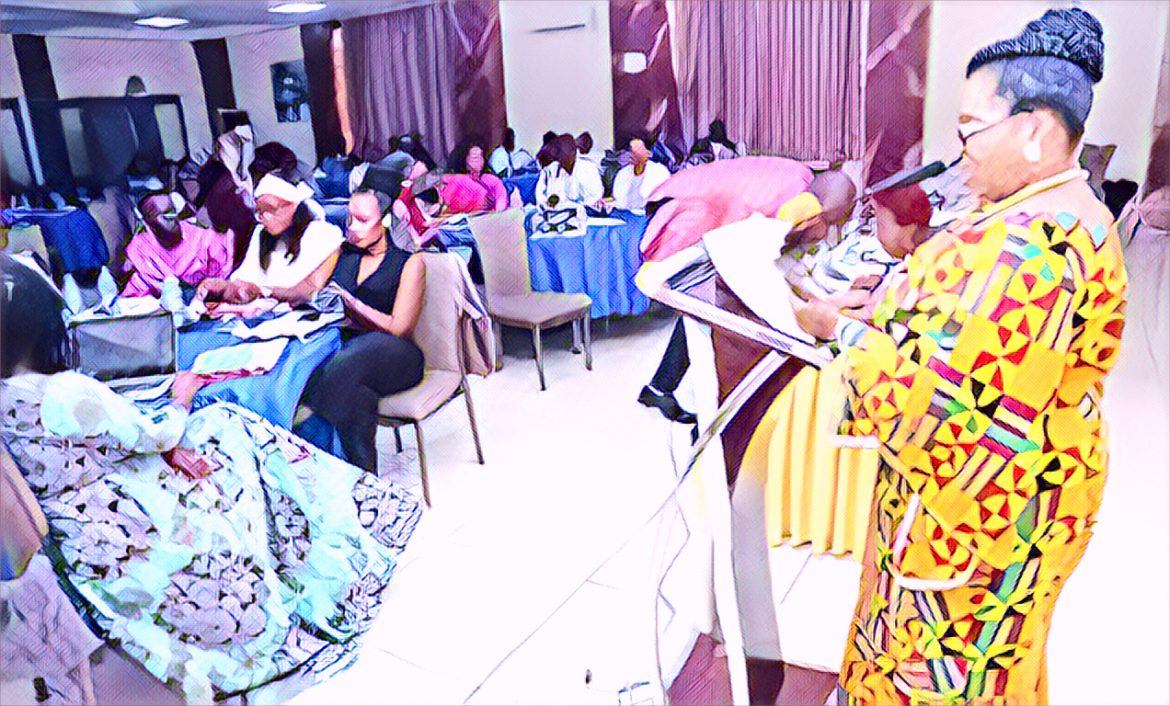In the face of increasing threats to child welfare, ECOWAS member states are now at a crossroads. They must rise to tackle the root causes of child vulnerability. This includes combating child abuse, eradicating harmful cultural practices, and addressing domestic violence. The overarching aim is to forge a nurturing environment where every child can reach their full potential.
Rev. Dr. Comfort Asare, Director of the Department of Social Welfare, made this urgent appeal at the 19th Annual Steering Committee meeting of the West Africa Network for the Protection of Children (WAN) in Accra. Representing all ECOWAS nations, WAN’s focus is squarely on ‘children on the move’ — a vulnerable group of young economic migrants who leave their homes in search of better prospects.
This group, encompassing street children and those without family support, faces daunting survival challenges. The WAN committee’s two-day assembly aimed not only to assess each country’s efforts in safeguarding these children but also to strategize for their future protection.
According to a report by Graphic Online, Dr. Asare passionately underscored the necessity of public education on child protection. She called on every individual to contribute to creating safe spaces for children, regardless of their backgrounds. She particularly pointed out that children on the move are even more susceptible to dangers and that the gathering aimed to identify effective practices and gaps in the current system of child protection in the sub-region.
Ali Tiloh Bassabbo Essossinam, from the ECOWAS Commission’s Department of Human Development and Social Affairs, brought to light some concerning statistics. Nearly 20 million children are migrating within West and Central Africa. While migration can open doors to new opportunities, it also significantly heightens the risks of kidnapping, abuse, and violence these children face.
Dr. Djibril Faill, Director for International Social Service at WAN, made a compelling case for African countries to stand up for their children. He emphasized the need for local solutions to these profound challenges.
This call to action for the ECOWAS nations is more than a policy recommendation. It is a moral imperative. Our children, the most vulnerable members of our society, are confronting a myriad of dangers that threaten not just their safety but also their future potential. As these young lives cross borders and face untold hardships, it is incumbent upon us, the broader community, to extend a protective embrace.




